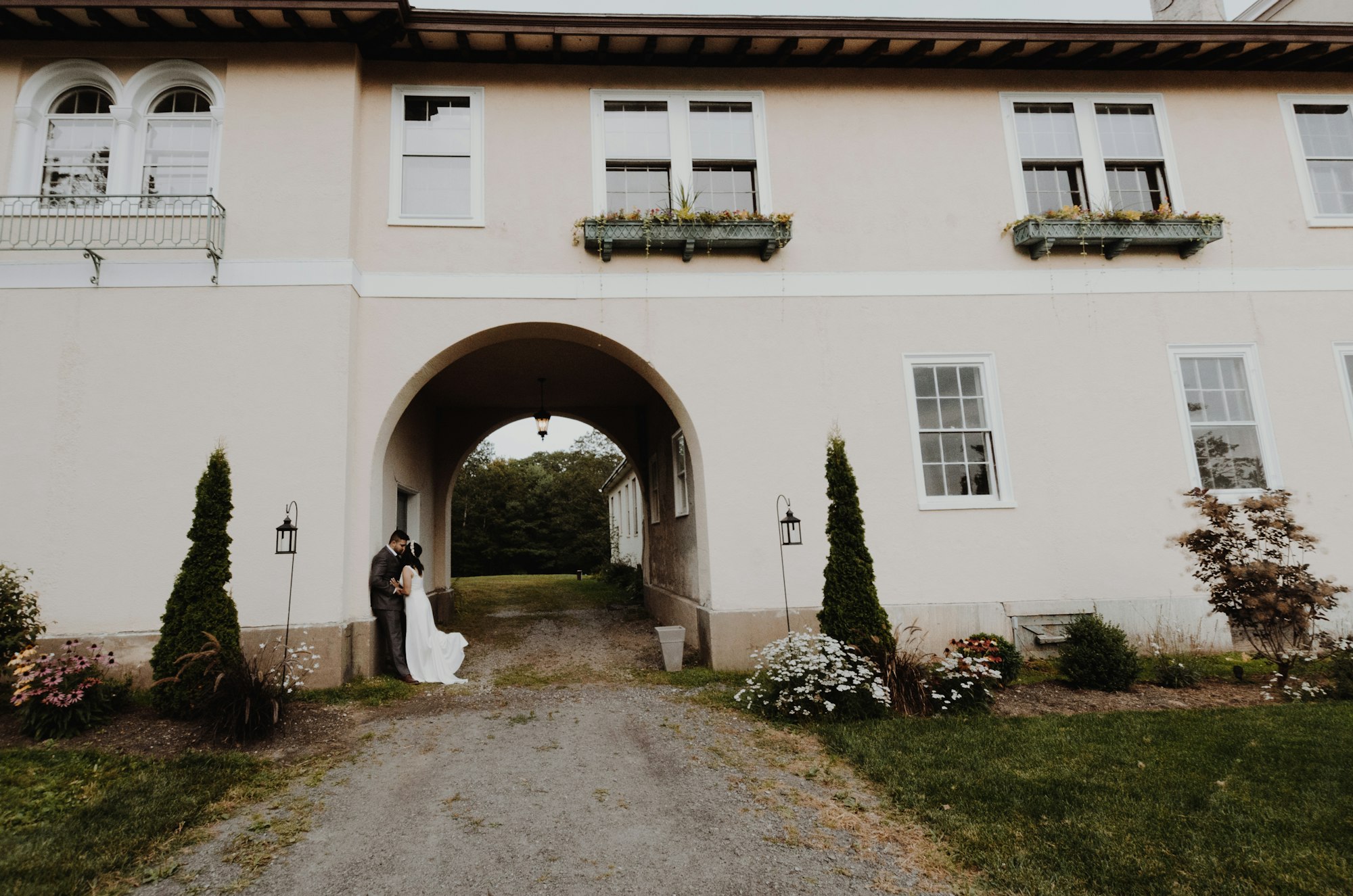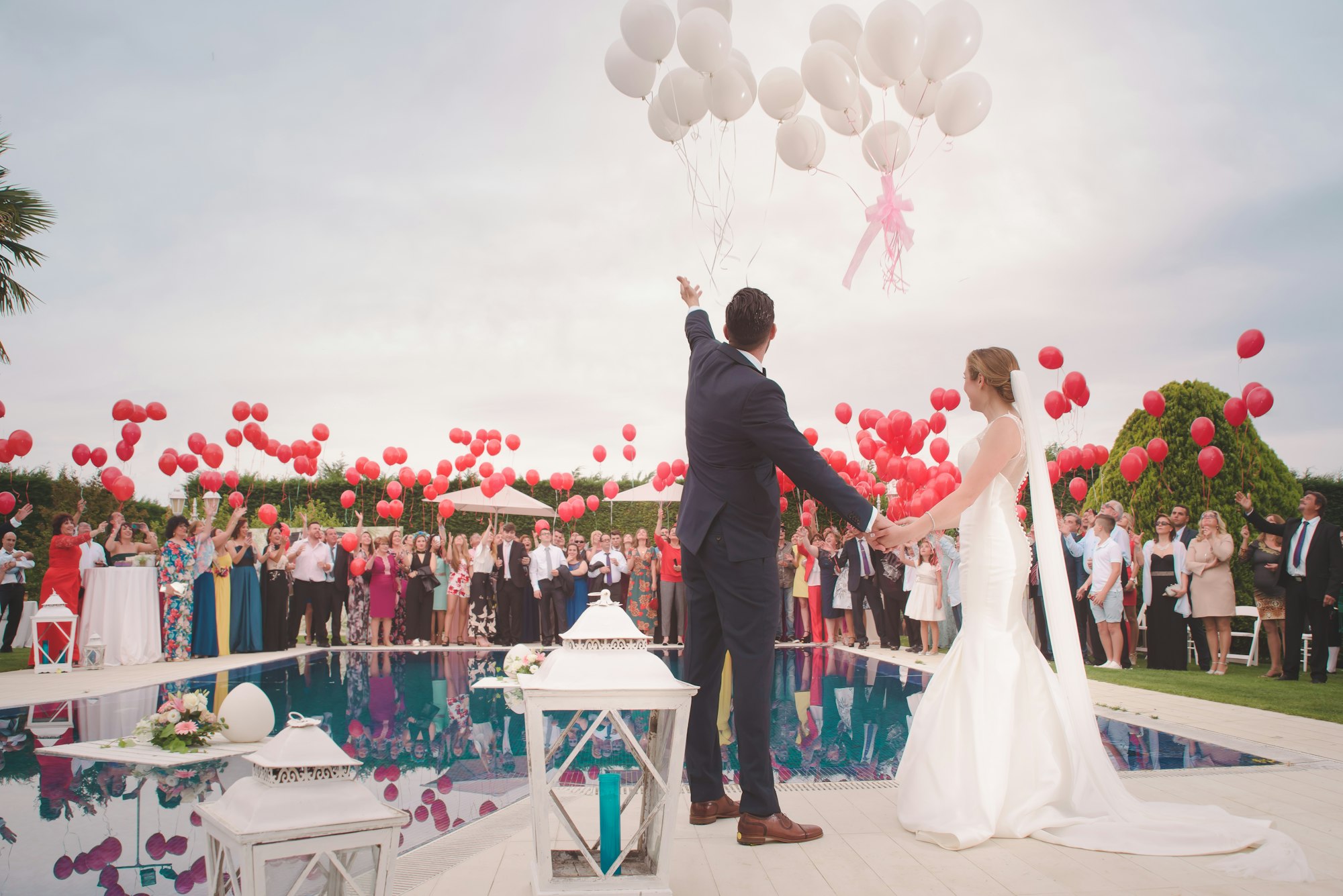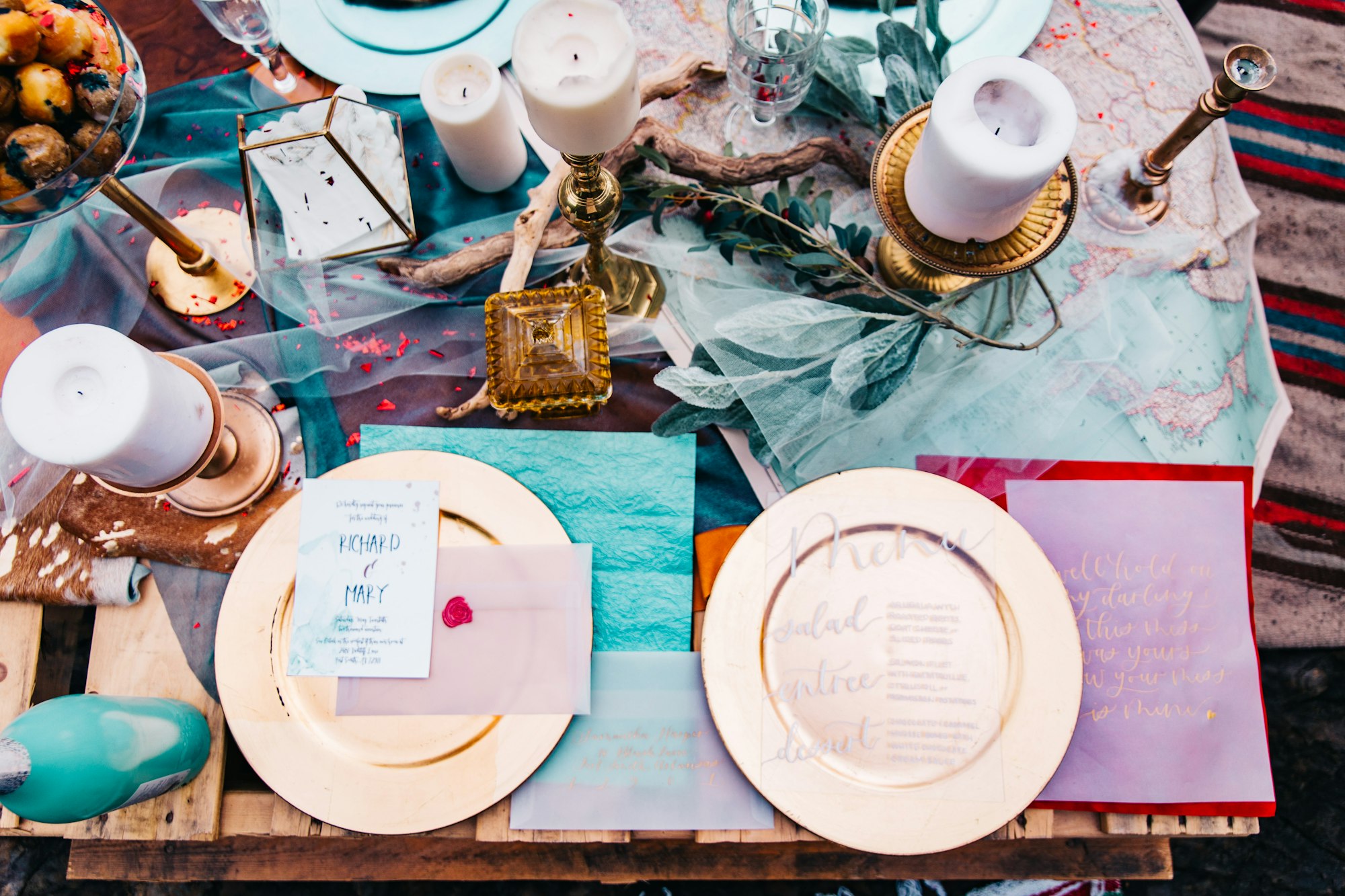How To Buy A Wedding Venue Business
Scroll DownWe all know that weddings don't come cheap. The National Wedding Survey conducted by hitched.co.uk revealed that the overall cost of an average wedding in the United Kingdom in 2019 was £31,974. The cost of hiring a wedding venue, on average, accounts for £5,406 of this total, and that's before food and drink are taken into account.
According to the same report, a location that hosts two weddings per week during the high-demand months of April to October could generate revenue of £270,300 from location hire alone. Depending on the initial cost of the acquisition, this can represent a respectable dividend in addition to the potential upside of a long-term property investment.
Despite the seasonality one advantage of buying this sort of business is stability. As weddings are usually planned several months or even years in advance, they offer a degree of trade transparency, which makes it easier to forecast future income and spending.
Should you buy an existing wedding venue or build one from scratch?
Investing in an existing wedding business is usually a more straightforward endeavour. The buildings themselves are typically well-maintained due to the high expectations of the clientele and they rarely require more than minimal modernization or styling. The wedding business will typically come attached to the sale of the actual property and will not require wholesale changes if it is currently being run successfully. This enables you to implement a smooth takeover and enjoy the benefits of a consistent income stream immediately.
On the other hand, if you want to maximise your profits, you may look for stately homes or manors that are currently on sale and in need of restoration. On a more modest level, you could think about transforming a smaller area such as a barn into a location for weddings. Not only will this make it possible to have a greater degree of control over the layout and appearance, but a redevelopment also has the potential to produce a higher rise in value over the long run.
Looking for potential venues

Whether you are doing it from scratch or buying an existing business, finding the right venue is the first step you need to make before commencing work on your wedding venue business.
If you already have something in mind, that will make everything much simpler. For instance, you may already own a barn that you intend to convert into a wedding venue, or you may have an existing property that you wish to expand. If that is not the case, you should start looking into properties within your target radius which fall into the budget you have available. If your starting budget is limited and you don't have investors, you might be able to explore leasing a property.
Once you have a place in mind the next step will be to conduct a feasibility study. At this stage it's important to determine how many of the services will be provided in-house. For instance, when it comes to the menu, one option is to hire external catering services, while another is to take ownership and run the kitchen on-site. Each comes with their particular costs and challenges. You will also need to consider carefully issues around logistics and transport. Define where people will park, where they will store their belongings, and what kind of equipment you will need, such as tables, seats, a music system, and so on. Do you maybe also want to have a few rooms set aside for guests to stay overnight?
Differentiating yourself

When you first start your business as a wedding venue, one of the most important things you need to do is determine what makes your venue different from others. In other words, why would a couple choose to book their event at your venue?
Having a clear view of this is essential in determining your distinctive value proposition and will be of great assistance to you in your marketing strategy. This is especially true if you aren't inheriting an existing business with an established reputation.
Look at your competition and consider what you can deliver that they can't. This could be structural such as having a one-of-a-kind view or it might be less tangible such as the ability to provide a unique statement wedding by association with a well-known, historic property. Other selling factors include superior customer service, a non-traditional menu, competitive pricing or add-on services to couples and guests that not everyone can offer. This could range from overnight stays to a digital planning app.
What are the hidden costs of buying a wedding venue business?

Unfortunately it isn’t quite as simple as finding a venue that matches your budget and making a forecast. There are a number of other costs that you will need to give consideration to when buying a wedding venue business. It's easy to overlook these but to make it easier, we have listed a few of them below:
- Marketing: You have three choices here: do it yourself, use a marketing agency or opt for a freelancer. Marketing agencies and freelancers specialising in wedding venue marketing are going to deliver the best results with the least effort on your part but it will cost you a pretty penny. Of course, if you have a tech savvy team with a flair for creativity you can do some of it yourself. A little bit of knowledge, willingness to learn and the help of good wedding venue software could save you costs in this area.
- Insurance: As a wedding business you will need a range of insurance types, from public liability insurance and employer liability to premises. You might also need specialist equipment cover. You can't skip on these costs and they do add up so make sure you don’t overlook them when budgeting for your business acquisition. If you are unsure what each type of insurance does we have a dedicated post where you can read more about insurance for wedding venues.
- Wedding licenses: In the UK, to be able to hold weddings, you must hold a civil partnership or marriage venue license. There are various criteria you must meet to be accepted for this, and prices range from £1500 to £2337, depending on the number of people your venue can hold. There is little point in establishing a venue business if you cannot get the license so it is advisable to research this fully upfront.
Consider the trends in the wedding industry

The majority of wedding venues offer their own vendors, services, attendants, and rooms for use on the wedding day, making them convenient one-stop shops for brides-to-be. Weddings and the extras upsold with them are nearly always the primary source of revenue for traditional locations such as country homes, barns, and even castles.
However, in spite of the fact that all-in-one wedding venues are convenient, more and more engaged couples are opting for a do-it-yourself (DIY) approach to their weddings, in which they rent the location but are wholly or partially responsible for their own décor, catering and/or other third-party vendors. This is an option that is appealing not only to couples who have creative talent but also to brides and grooms eager to minimise the costs of their weddings.
Other trends include a greater focus on sustainability, midday ceremonies, weekday events, intimate ceremonies, interfaith weddings, statement aisles, after-parties and outdoor or partially outdoor events. Buying a business is a long term decision so to some extent you need to predict the future direction of the wedding industry before you start a wedding venue. Try to work out which trends are ephimeral and which are defining the future characteristics of the events you will need to excel at.

Comments powered by Talkyard.